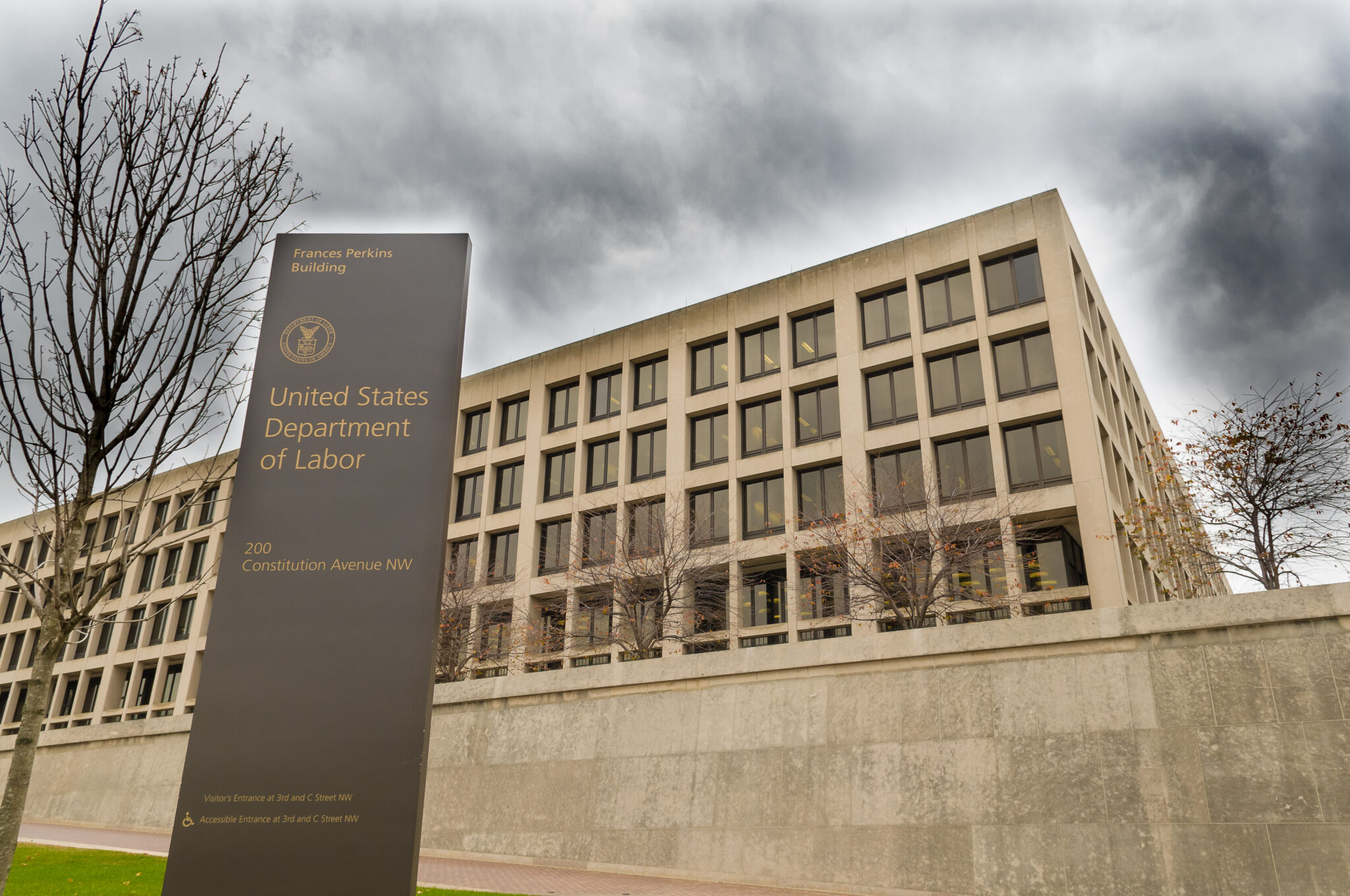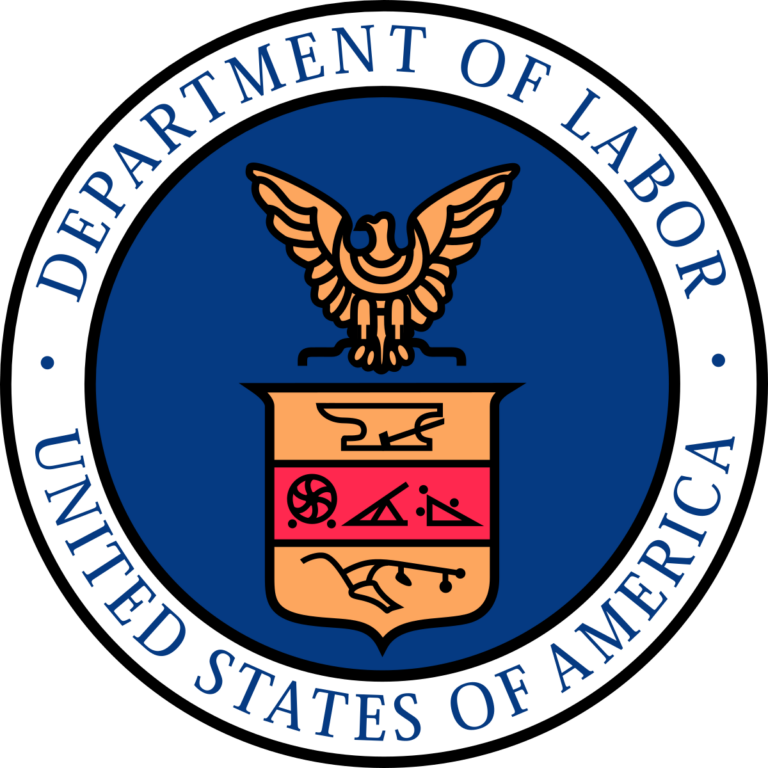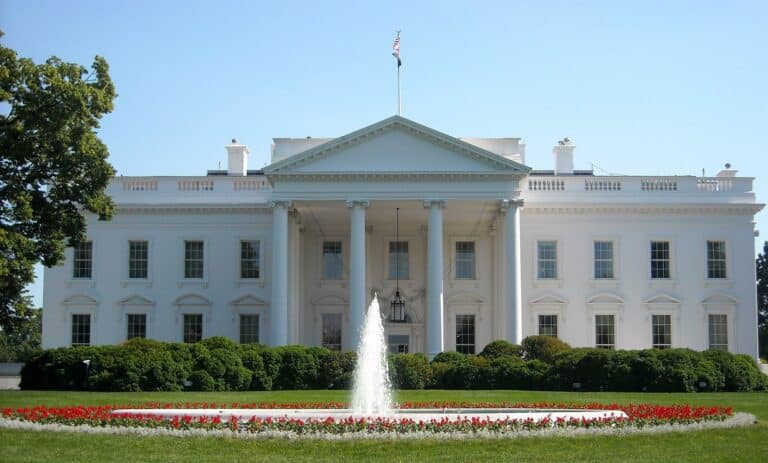
Reed Shaw is a Policy Counsel at Governing for Impact.
On May 1, 2025, the Acting Administrator of the Department of Labor’s Wage and Hour Division published a Field Assistance Bulletin stating that, while the Department is reconsidering its 2024 notice-and-comment rule on “Employee or Independent Contractor Classification Under the Fair Labor Standards Act,” the Division “will no longer apply the 2024 Rule’s analysis when determining employee versus independent contractor status in FLSA investigations.” The Bulletin amounts to an effective repeal of the 2024 Rule, issued without reasoned decisionmaking and notice and comment. Litigants therefore might challenge the Bulletin in court.
The 2024 Rule, finalized during the Biden administration, established clear criteria for determining whether workers should be classified as employees or independent contractors under the Fair Labor Standards Act. This distinction matters profoundly: misclassified workers lose access to overtime pay, minimum wage protections, and other essential workplace rights. For millions of Americans in sectors like delivery services, construction, and healthcare, proper classification can mean the difference between economic security and exploitation.
I may be biased, but the policy was a good one and was legally sound: it withstood legal challenges in multiple courts, which upheld it as a lawful exercise of the Department’s authority.
Despite President Trump’s rhetorical focus on supporting the working class, after inauguration the new administration immediately signaled its intent to abandon the 2024 Rule. While policy shifts between administrations are expected, the method matters. Instead of initiating notice and comment to modify or rescind the Rule, the Department’s brief Bulletin simply states that it “will no longer apply” the Rule and directs investigators to revert to employer-friendly standards from previous administrations.
The Bulletin is therefore of a piece with other Trump administration attempts to circumvent the laws that apply to executive branch policymaking. Indeed, a recent issue brief by our organization, Governing for Impact, outlines the legal vulnerabilities of such agency non-enforcement directives. This issue is sure to recur given the administration’s apparent intent to invoke enforcement discretion across the board to effectively repeal rules while it goes through notice and comment to rescind them (or does not bother to do so at all).
The Bulletin suffers from at least two errors. First, the Bulletin does not reflect the “reasoned decisionmaking” that the Administrative Procedure Act (APA) requires of agencies. The sole reason that the Bulletin offers for its nonenforcement directive is that the Department “is reconsidering the 2024 Rule, including whether to rescind” it. That does not suffice. A vague intent to reconsider is, without more, a far cry from an explicit and well-justified change in the Department’s position on the 2024 Rule’s policy merits. Indeed, the Department has offered no policy justification for its nonenforcement policy. And it has ignored the serious reliance interests engendered by the 2024 Rule.
Second—and compounding the first—the Bulletin was issued without notice and comment. The 2024 Rule was promulgated pursuant to notice-and-comment procedures, which are designed to “foster public participation and facilitate reasoned decisionmaking,” including by ensuring that alternatives are considered, reliance interests are respected, and that policy is deliberately crafted. In litigation defending the 2024 Rule, the Biden administration argued that the 2024 Rule is an “interpretive rule,” and such rules are exempt from the APA’s notice-and-comment requirements. But the Supreme Court has stated that agencies must “use the same procedures when they amend or repeal a rule as they used to issue the rule in the first instance.”
If litigants target the Bulletin the Trump Administration will likely contend that it is not subject to challenge under the APA because it is an exercise of discretionary enforcement authority. In Heckler v. Chaney, the Supreme Court determined that “an agency’s decision not to take enforcement action should be presumed immune from judicial review” under the APA. But as the majority indicated in distinguishing “a general policy that is so extreme as to amount to an abdication of” an agency’s “statutory responsibilities,” and as Justice Brennan’s concurrence expressly recognized, the Court left open the possibility of review where “an agency has refused to enforce a regulation lawfully promulgated and still in effect.” And lower courts have similarly explained that, whatever discretion agencies may have to establish substantive enforcement priorities, “[n]o such discretion exists when it comes to the [g]overnment’s obligation to comply with procedural rules in exercising that enforcement discretion.”
The Department’s actions represent more than a potential legal violation—they affect millions of workers whose proper classification determines their economic security. When agencies fail to offer good reasons for their policies and circumvent notice-and-comment procedures, they deprive stakeholders of their right to participate in the regulatory process and undermine public trust in government. For the many Americans whose livelihoods depend on proper employment classification, the stakes could not be higher. Policy disputes over worker classification will continue, but they must proceed in compliance with the law, not via administrative shortcuts that circumvent it.
*Note: A previous version of this post described the 2024 Rule as a legislative rule. The post has been updated to reflect, as noted above, the Biden administration’s characterization of the 2024 Rule as an interpretive rule.










Daily News & Commentary
Start your day with our roundup of the latest labor developments. See all
February 27
The Ninth Circuit allows Trump to dismantle certain government unions based on national security concerns; and the DOL set to focus enforcement on firms with “outsized market power.”
February 26
Workplace AI regulations proposed in Michigan; en banc D.C. Circuit hears oral argument in CFPB case; white police officers sue Philadelphia over DEI policy.
February 25
OSHA workplace inspections significantly drop in 2025; the Court denies a petition for certiorari to review a Minnesota law banning mandatory anti-union meetings at work; and the Court declines two petitions to determine whether Air Force service members should receive backpay as a result of religious challenges to the now-revoked COVID-19 vaccine mandate.
February 24
In today’s news and commentary, the NLRB uses the Obama-era Browning-Ferris standard, a fired National Park ranger sues the Department of Interior and the National Park Service, the NLRB closes out Amazon’s labor dispute on Staten Island, and OIRA signals changes to the Biden-era independent contractor rule. The NLRB ruled that Browning-Ferris Industries jointly employed […]
February 23
In today’s news and commentary, the Trump administration proposes a rule limiting employment authorization for asylum seekers and Matt Bruenig introduces a new LLM tool analyzing employer rules under Stericycle. Law360 reports that the Trump administration proposed a rule on Friday that would change the employment authorization process for asylum seekers. Under the proposed rule, […]
February 22
A petition for certiorari in Bivens v. Zep, New York nurses end their historic six-week-strike, and Professor Block argues for just cause protections in New York City.